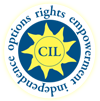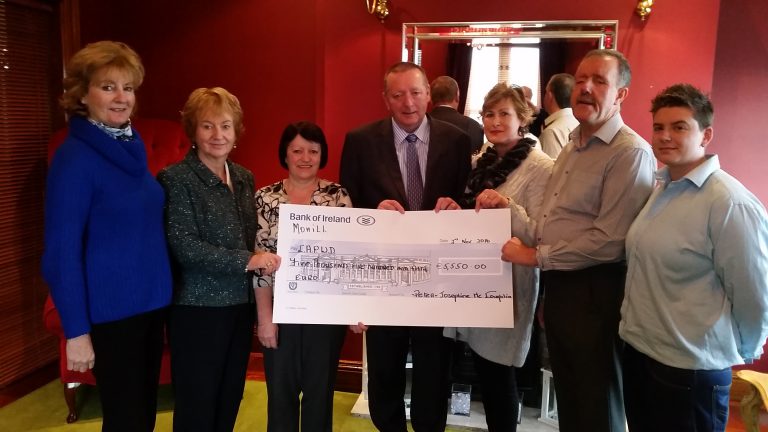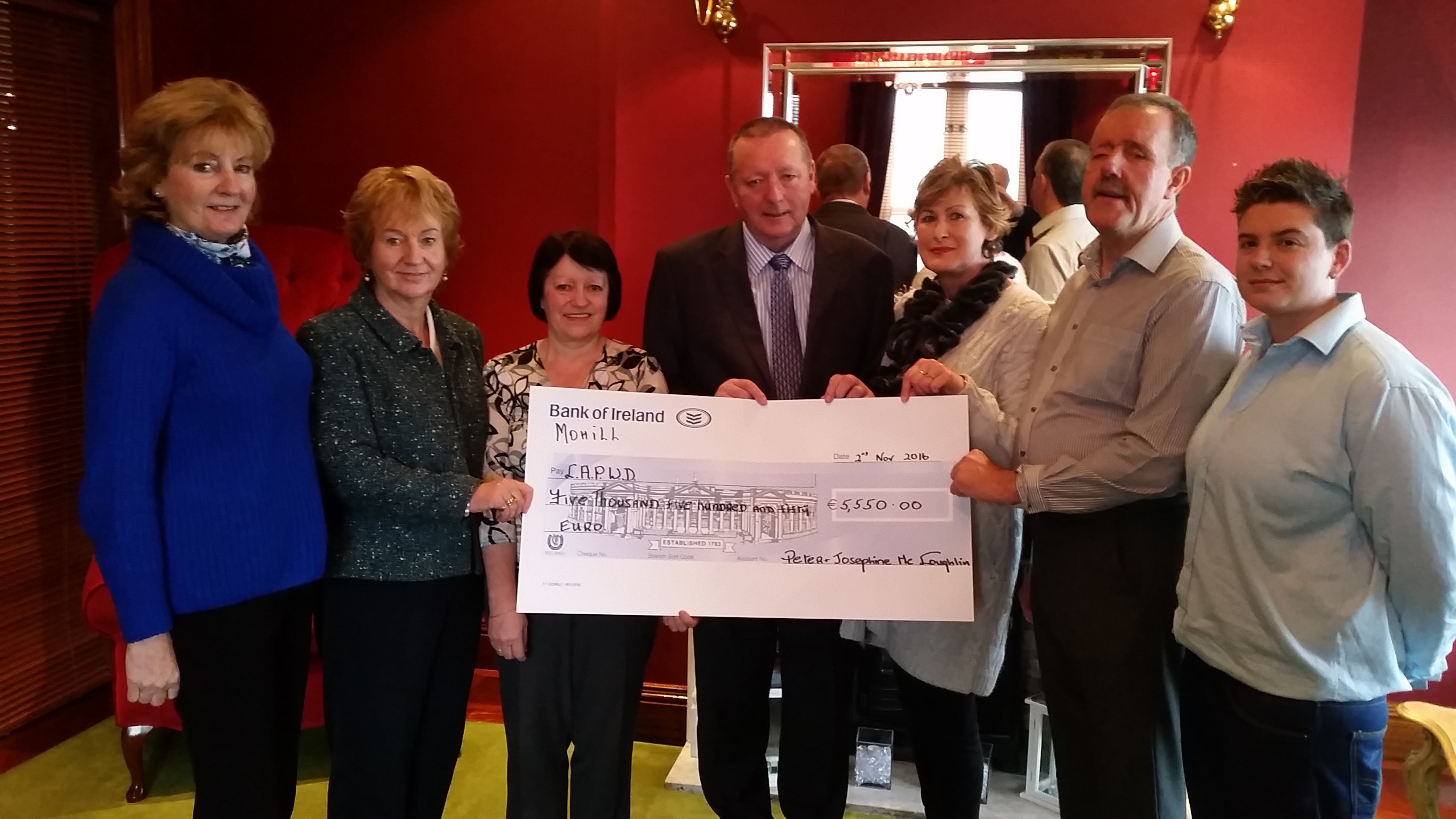The Budget 2016 tax changes will mean gains for taxpayers ranging typically from €500 a year to €1,000, with some running close to €1,500 a year. Families generally do well, boosted by a hike in child benefit and some tweaks to income tax.
However, the Budget gains vary significantly, and many of those earning about €25,000 are not favoured by the way the Budget is structured.
The self-employed are bigger winners and - although not a budgetary matter per se - public servants will see significant gains in income next year, benefiting from the Budget changes as well as the pension deduction cuts announced as part of the Lansdowne Road deal.
By far the biggest gains for most relate to the change in the universal social charge (USC). This means that, overall, the Budget calculations are reasonably straightforward for most taxpayers, though they are a bit more complicated for lower earners, where a proposed increase in the minimum wage and a tweak in the PRSI regime complicated things a bit.
For a single earner or a married couple with one income, the annual overall gains top €500 at income levels of €45,000 and top out at just over €900 a year at incomes of €70,000 or higher.
The reason the €70,000 worker gets more than the €40,000 one is that more of their income is exposed to USC, so they gain more from the big change - the 1.5 point cut in the standard USC rate to 5.5 per cent.
This rate applies to the portion of earnings between about €17,000 and €70,000.
Because of the proposed increase in the minimum wage, which is counted in for the Government figures - though of course the employer will be paying it - the income gains at lower earnings levels between €13,000 and €17,500 a year also show significant increases.
A single person of a one-income couple earning €15,000 a year gains over €900. This assumes the employee currently earns the maximum existing minimum wage, the employer pays the full increase and that there is no resulting reduction in hours worked.
A tweak in the PRSI system, effectively cutting the bill for lower earners, means employees will keep a decent amount of the minimum wage rise.
However, the employee or single-income family earning about €25,000 is earning too much to benefit from the minimum wage rise and too little to get much from the USC changes, even though the two lower USC rates are also cut.
If they have no children, their gain is just €227 a year, or 1 per cent of income.
There are various circumstances which increase the gains. The €5-a-month increase in child benefit will add €60 per child per year; when the impact of family income supplement is added, this will also boost the income of relatively lower-earning couples.
So a couple with one earner and two children on an income of €25,000 would gain €500 a year. For families on higher incomes of €70,000-plus, the addition of two children brings the average gain to over €1,200 a year, and more for bigger families. Families with one parent at home also gain from a €190 increase in the home carer tax credit - a straight cash gain to their incomes. Rules governing qualification for the credit have also been loosened a bit, which will be significant for some families where the parent who spends most of the time at home also has some earnings.
The other key group to benefit more than the average is the self-employed.
The Minister has announced a tax credit of €550 which goes straight to the bottom line for taxpayers in this group.
This is the start of a process of giving the self-employed equal treatment in relation to a €1,650 tax credit previously granted only to PAYE taxpayers.
Gains for a single self-employed person range from €700 on an income of €20,000 to €1,452 on an income of €70,000 or more. This is basically the €500 credit added to the benefit from the USC change.
You will have worked out by now that the biggest winners are self-employed people with children. A married couple with one income and two children where the earner is self-employed gains over €1,750 a year.
In terms of gains next year, public servants who benefit from the Lansdowne Road deal will also benefit significantly when the Budget changes are added in too.
A mythical couple both working in the public sector and earning a joint income of €105,000 a year would gain €2,351 a year, according to the Government figures .
Some €1,400 of this relates to changes in the pension deduction agreed as part of the Lansdowne Road deal.
The only tax increase in the package is a 50 cent rise in the price of a pack of cigarettes in what is a big pre-election package.




 Above L-R :Marie McGuinness, Rosaleen Kielty, Josephine Mc Loughlin, Kevin McGill, Anne T Reynolds, Peter McLoughlin, Nikki Mullen.
Above L-R :Marie McGuinness, Rosaleen Kielty, Josephine Mc Loughlin, Kevin McGill, Anne T Reynolds, Peter McLoughlin, Nikki Mullen.









